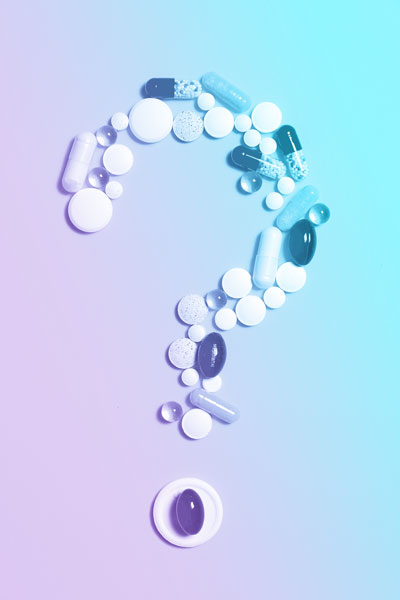What is Addiction?
Addiction can be defined as a chronic, relapsing disease characterized by compulsive drug seeking and use despite harmful consequences. It is considered a brain disorder, because it involves changes in the structure and function of the brain. People with addiction may not be aware that their behavior is out of control and causing problems for themselves and others. An addiction can cause serious long-term consequences, including problems with physical and mental health, relationships, employment and the law.

The brain of someone with addiction is characterized by changes in the structure and function of certain brain regions. These changes can be caused by repeated drug use, which alters the way the brain responds to pleasure, stress, and other stimuli. The changes in the brain can lead to compulsive drug seeking and use, even in the face of negative consequences. Over time, addiction can cause damage to the brain, which can lead to problems with memory, learning, and decision-making.
There is currently no consensus on whether addiction is a condition that people are born with or if it develops later in life. However, there is some evidence to suggest that addiction may be partially determined by genetic factors. For example, studies have shown that children of parents with substance use disorders are more likely to develop addiction themselves. Additionally, people who have certain genetic mutations (e.g., in the dopamine receptor gene) may be more susceptible to developing addiction. Some research suggests that certain genes may be linked to an increased risk for developing addiction, such as those involved in the brain’s reward system or those involved in stress response. Environmental factors, such as exposure to trauma or stress, can also contribute to the development of addiction. Therefore, it is likely that both genetic and environmental factors play a role in the development of this disorder.
It is estimated that only 10 percent of people with addiction receive treatment. This low number may be due to the stigma associated with addiction, as well as the lack of awareness and understanding about the disease. Treatment can be expensive and difficult to access, so many people do not seek help for their addiction.
The recidivism rate for addiction is the percentage of addicts who relapse after treatment. Unfortunately, there is no one answer to this question as relapse rates vary depending on the severity of addiction, the type of treatment received, and the individual’s level of motivation. However, research suggests that between 40 and 60 percent of people with substance abuse disorders are able to recover with treatment. This means that there is still a significant chance that addicts will relapse, even after receiving treatment.
Research suggests that a combination of medication and behavioral therapy is the most effective form of treatment for addiction. This type of treatment helps to address both the physical and psychological aspects of addiction, which is essential for long-term recovery. Medications may be used to assist with addiction treatment and vary depending on the individual’s unique situation and needs. Some common types of medications used in addiction treatment may include antidepressants, anti-anxiety medications, mood stabilizers, opioid antagonists, and others. These medications can help to reduce cravings and withdrawal symptoms, making it easier for people to stick to their treatment plan.
The most important thing to remember is that addiction is a treatable disease, and there is hope for recovery. No matter what type of treatment you choose, the goal should be to get started on the road to recovery as soon as possible. If you or someone you know is struggling with addiction, it is important to seek out professional help to find the best possible treatment option.


